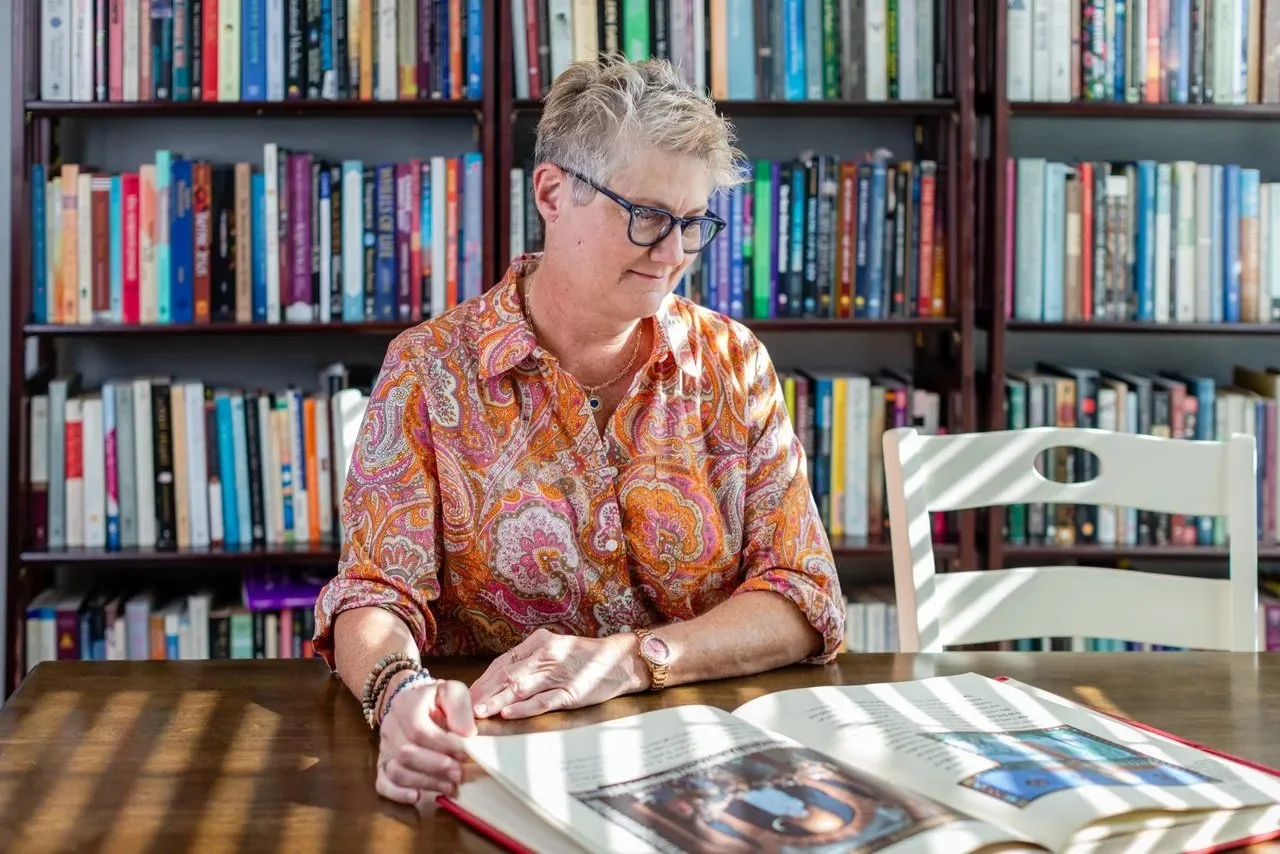Reading with Soul in Mind
Insights from Robert Romanyshyn's The Wounded Researcher
Summary - Robert Romanyshyn’s The Wounded Researcher encourages soulful reading, blending reflection, resonance, and integration. This depth psychology approach transforms texts into gateways for self-discovery and healing, fostering a deeper connection to one’s inner world and personal growth.
In our journey of self-discovery and healing, books often serve as beacons of light, guiding us through the intricate labyrinth of our psyche. One such profound work is Robert Romanyshyn’s The Wounded Researcher: Research with Soul in Mind. This book is not just a manual for researchers; it's a soulful invitation to engage deeply with our inner worlds, to read and research with a profound sense of purpose and connection.
I was fortunate to have Dr. Romanyshyn as my first teacher during my doctoral studies at Pacifica Graduate Institute. His insights have profoundly changed the way I read texts today. I hope they influence you as well.
The Wounded Researcher: A Brief Overview
Robert Romanyshyn, a prominent figure in the field of depth psychology, explores the intersections of psychology, literature, and the soul in The Wounded Researcher. His work challenges the conventional boundaries of research, encouraging a method that is as much about the researcher’s inner journey as it is about external findings. Romanyshyn posits that true understanding comes from an intimate engagement with one’s own wounds and vulnerabilities.
Reading with Soul in Mind
To read with the soul in mind means to approach a text not just as a collection of words and ideas but as a living entity that interacts with our innermost selves. It involves a process of reflection, resonance, and integration.
Reflection: As you read, allow yourself to reflect deeply on how the text speaks to your personal experiences and emotions. Romanyshyn emphasizes that our wounds and personal stories are not obstacles but rather gateways to deeper understanding. Reflecting on how a text resonates with your own life can transform reading into a therapeutic and enlightening experience.
Resonance: Pay attention to moments of resonance—those passages or ideas that seem to vibrate with a particular significance for you. These are often clues from your unconscious, signaling areas of your life or psyche that need attention. Romanyshyn suggests that such resonances are opportunities for soul work, moments where the text and the reader’s inner world align to reveal deeper truths.
Integration: Finally, integrate the insights gained from reading into your daily life and practice. This step is crucial in moving from intellectual understanding to lived experience. Romanyshyn encourages researchers to allow their work to transform them, to let the act of research become a pathway to personal and collective healing.
Applying Romanyshyn's Principles
As a Jungian psychologist Coach and Counselor, I find Romanyshyn's approach particularly resonant with the principles of depth psychology. Here are a few practical ways to apply his ideas:
Journaling: Keep a journal as you read, noting down reflections, dreams, and emotional responses to the text. This practice helps in tracking the dialogue between the book and your inner world.
Dialogue with the Text: Engage in an imaginative dialogue with the text. Ask questions, write letters to the author, or imagine conversations with the characters or concepts presented. This active engagement can deepen your connection to the material.
Group Discussions: Discuss the book with a group of like-minded individuals. Sharing different perspectives can enrich your understanding and reveal new dimensions of the text.
Creative Expression: Use art, poetry, or other forms of creative expression to explore and express the insights gained from your reading. This can be a powerful way to integrate intellectual and emotional understanding.
Conclusion
Reading with soul in mind, as articulated by Robert Romanyshyn in The Wounded Researcher, transforms the act of reading into a profound journey of self-discovery and healing. By engaging deeply with texts and allowing them to resonate with our inner worlds, we can uncover layers of meaning and insight that transcend conventional academic research. This soulful approach to reading not only enriches our understanding of the text but also deepens our connection to ourselves and the world around us.
So, the next time you pick up a book, consider reading with soul in mind. Allow yourself to be vulnerable, to reflect, resonate, and integrate. In doing so, you may find that the book you hold is not just a story or a collection of ideas, but a mirror reflecting the depths of your own soul.
About the Author, Dr Bren:
Dr. Bren Hudson, PhD in Depth Psychology, is a holistic psychotherapist and life coach specializing in Jungian analysis, IFS, EFT, and somatic practices. She guides individuals and couples worldwide through online sessions, fostering healing, self-discovery, and spiritual transformation.
Connect with Dr. Bren:
FAQs
1. What is meant by 'reading with soul in mind' in Romanyshyn’s approach?
It refers to engaging deeply with a text by reflecting on personal experiences, resonating with its emotional impact, and integrating insights for self-discovery and healing, as outlined in depth psychology.
2. How can I use Romanyshyn’s principles to enhance my reading experience?
Journal your emotional responses, dialogue imaginatively with the text, discuss it with others, or express insights through creative outlets like art or poetry to foster deeper self-awareness and connection.
3. Why does reflection matter in soulful reading?
Reflection links the text to your inner world, uncovering unconscious patterns and wounds. This process transforms reading into a therapeutic journey, promoting personal growth and psychological integration.
Need Help? Contact Dr Bren
Animate your Soul for Life!
Send me a message right now to get started on your soulful journey. Together, we will create a coaching plan that is unique and perfect for you.
DR BREN | Buddhist and Jungian Psychology
207 Wendover Ln, Durham, NC 27713, United States
Mobile +1 919-407-0999 Email Bren@drbren.com



